Hello and happy Saturday. Way back when I was in college and working at the student newspaper (so long ago it was printed on actual paper), we got a visit from an editor at the Washington Post. Among the nuggets of wisdom he imparted, he joked that interns basically ran the newsroom in August because so little was going on. Congress is on recess, families take vacations, it’s a slow time in major sports, etc. Wouldn’t it be nice to return to those days?
On Monday, President Donald Trump announced that he was nominating E.J. Antoni, an economist with the Heritage Foundation, to be commissioner of the Bureau of Labor Statistics. Earlier this month, the president fired the previous commissioner, Erika McEntarfer, accusing her of rigging data to make him look bad.
As Michael Warren noted, Antoni himself has a documented history of playing loose with numbers, cherry-picking data to diminish the impact of the president’s tariffs. “Many conservative economists and economic analysts have greeted Antoni’s nomination with a mixture of outrage and concern that Antoni’s devotion to Trump will outweigh his professional obligations as an economist to present and treat data accurately,” Warren wrote. Grayson Logue also reported on Antoni’s nomination, listing other examples of Antoni misrepresenting economic numbers and explaining what guardrails the BLS has in place to prevent “cooking the books.”
But while the threat of unreliable economic data could affect the finances of Americans and even prompt a financial crisis, that wasn’t even the most controversial thing the president did on Monday. He also announced he was mobilizing the District of Columbia’s National Guard and taking control of the city’s police force to deal with what he described as “complete and total lawlessness” on the city’s streets. (See Evan Spear’s explainer on how the 1973 Home Rule Act allows the president to temporarily federalize the Metropolitan Police.)
D.C.’s violent crime rate is still too high, but in Boiling Frogs (🔒), Nick Catoggio pointed out that it is lower now than it was during Trump’s first term.
Trump has] justified one power grab after another over the past six months by declaring obviously bogus “emergencies” on matters ranging from tariffs to foreign “invasions.” Most of those supposed emergencies were entirely in the eye of the presidential beholder; the White House would have you believe that trade deficits are an emergency, for cripes’ sake.
…
Now he wants us to accept that there’s a dire crisis in D.C. despite the fact that he evidently didn’t perceive one between 2017 and 2020 when violent crime there was worse. Why would we indulge this blossoming autocrat in that belief when he’s acted so cynically with respect to other “emergencies”?
And if it is a bona fide emergency, why is his attempt to address it so obviously unserious?
Kevin D. Williamson argued that this is just the latest example of Trump abusing his power and demonstrating contempt for law and order. (He has a separate column on the matter that I highly recommend, but I struggled to find an excerpt appropriate for this family-friendly newsletter.)
The president’s actions raise the question: Is this only the theater of authoritarianism, or is it a rehearsal of prepositioning assets for a more general state of phony emergency to justify armed federal bullying—or worse—of Democrat-run cities in the run-up to the midterms or, possibly, in the wake of a midterm election in which Republicans desire to nullify the result? In one sense, it doesn’t matter that much: Even if it is only theater, using military resources for theatrical-political purposes is in itself corrupt, an abuse of power that would, even without the broader context of Trump’s abuses and irresponsibility, in itself justify his removal from office.
In another sense, of course, it matters profoundly.
I’d be remiss not to mention the other big news of the week. On Friday, President Trump rolled out the red carpet (literally) for his Russian counterpart, Vladimir Putin. The two leaders met in Alaska to discuss a potential ceasefire in Ukraine, but the summit ended without any agreement, and Trump announced that he’d meet with Volodymyr Zelensky in Washington on Monday. I predict we’ll have a little more on that next week.
Thanks for reading, and have a lovely weekend. And remember, we’re just one week from college football season. In the coming months, I will try to keep references to my national-champion Ohio State Buckeyes to a minimum.
Justin Alexander Yousufpoor came to the United States on a Special Immigrant Visa in 2010 after his father’s murder. In 2012, he joined the U.S. Army, returned to Afghanistan as an interpreter, and became a U.S. citizen. Despite his father losing his life because of his work for the United States, Yousufpoor’s family remained stuck in Afghanistan until 2021. His mother and her children had a letter of recommendation provided by a brigadier general. While she and two of Yousufpoor’s siblings were able to evacuate from the Kabul airport, three of his siblings were unable to get inside the airport after the suicide bombing at Abbey Gate. Within months of the fall of Afghanistan, Yousufpoor helped his sister flee to Pakistan, while his two brothers fled to Turkey. Four years later, the family has not been reunified.
It is now hard to remember the optimism with which many people greeted the arrival of the digital world. But back in the 1990s and early 2000s, the evangelists of the internet confidently predicted that the internet would, as Thomas Friedman wrote in The Lexus and the Olive Tree, published at the cusp of the new millennium, “weave the world together.” With the benefit of hindsight, it is easy to make fun of such predictions. But the logic for these predictions was seemingly compelling. For all of human history until recently, it had been extremely costly and cumbersome for people in different parts of the world to communicate. As late as 1930, Friedman pointed out, a three-minute phone call between London and New York cost about $300.
People love to say “politics is downstream of culture,” but they rarely mean it in the way it is most fundamentally true. They usually say it in culture war controversies about some movie or song. That’s fine. But the real meat on the bone of that phrase is that Americans are different. American exceptionalism is very real, with deep roots in English exceptionalism. You can trace America’s ornery opposition to government meddling in our lives to feudal complaints about William the Conqueror and the Norman yoke. American politics isn’t so much “downstream” of culture as they are an ecosystem that lives off the groundwater that is our culture.
Best of the Rest
Long Before ‘Podcast Bros,’ the Kids Weren’t Alright
Millennial men have been trained in the craft of conspiracy for decades now.
Why the War of 1812 Matters
The conflict that ended in a draw ultimately worked to America’s advantage and Britain’s diminishment.
Real Virtue Has Roots
Moral abstraction will not motivate us to care for others.
The Long Shadow of the Summer of 2020
A new book recalls the destructive outgrowths of America’s recent racial reckoning.
The Myth of the Cracked Coder
‘Move fast and break things’ works well in Silicon Valley. Not so much in Washington.
Dying of Neglect
A young woman is dead because of an ongoing medical scandal.
Déjà-Munich | Solo
Peace is an illusion.
Hookers and Kushners | Interview: Chris Christie
A clash between two 2016 politicos.
Trump’s Authoritarian Instincts | Roundtable
Will D.C.’s crime wave give the president what he wants?





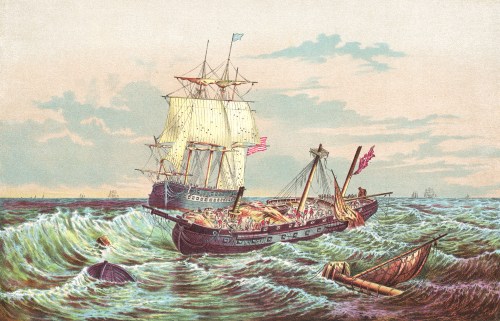
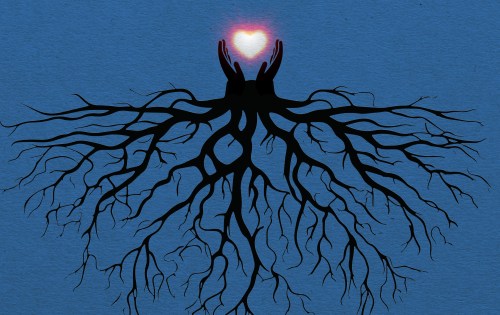



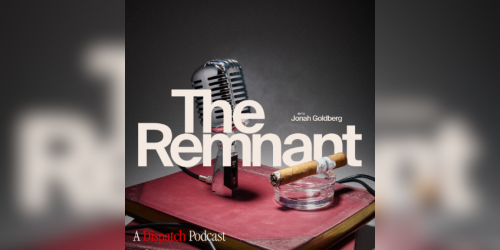
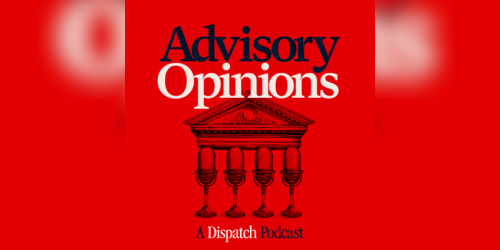
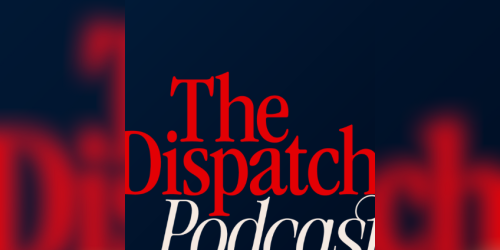

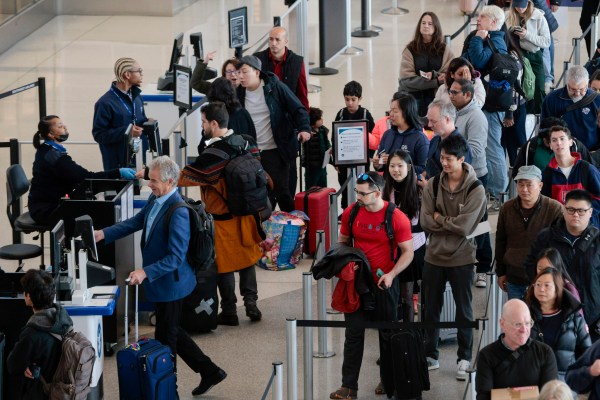

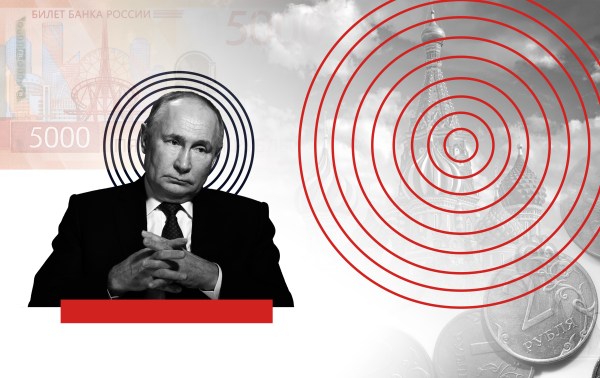


Please note that we at The Dispatch hold ourselves, our work, and our commenters to a higher standard than other places on the internet. We welcome comments that foster genuine debate or discussion—including comments critical of us or our work—but responses that include ad hominem attacks on fellow Dispatch members or are intended to stoke fear and anger may be moderated.
With your membership, you only have the ability to comment on The Morning Dispatch articles. Consider upgrading to join the conversation everywhere.